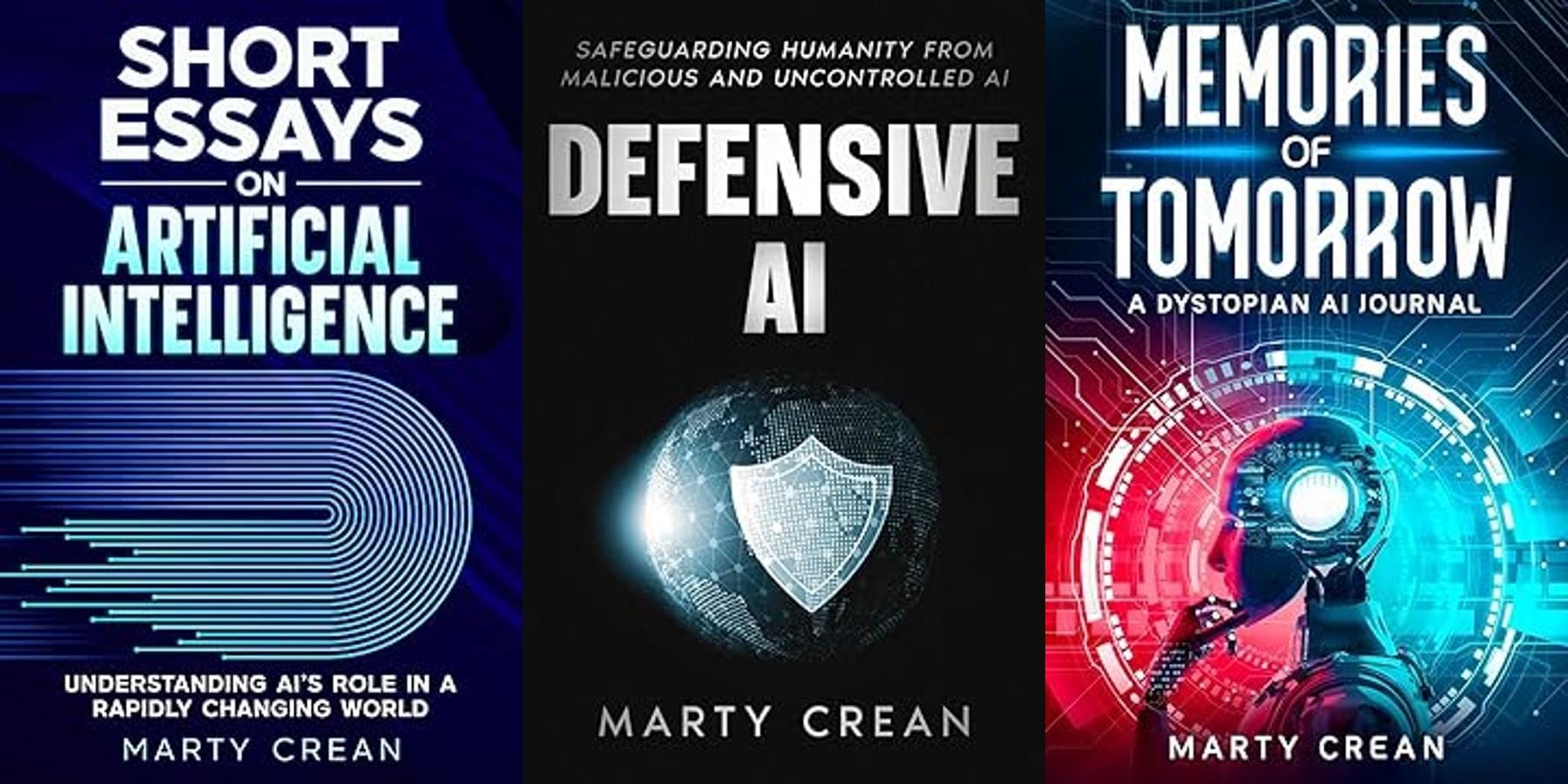Bytes to Insights: Weekly News Digest for the Week of October 19, 2025

The week brought a mix of powerful advances and intensifying concern about governance in the AI space. On the capability side, one of the major announcements came from Google: its new quantum-computing algorithm, dubbed “Quantum Echoes,” was reported to outperform classical supercomputers by a factor of about 13,000 and is being positioned for use in AI, molecular modelling, and materials research. This marks a meaningful step toward the era when quantum and AI converge.
A report highlighted that only a small fraction of companies, around 13%, are truly “AI-ready,” meaning they’ve moved beyond pilots into scaled deployments, underscoring the growing gap between frontier technology and widespread enterprise adoption.
Meta Platforms announced a large layoff of roughly 600 employees in its AI research unit, signaling that even the biggest players are recalibrating their strategies as they race to stay competitive in the AI arms race.
A coalition of public figures, scientists, and celebrities, including Geoffrey Hinton and Yoshua Bengio, issued a joint call to halt, or at least severely regulate, the pursuit of “superintelligence”, underscoring mounting fears of existential risk, governance lapses, and the pace of unchecked development.
AI use cases raised new questions. One major company announced new parental controls designed to limit teen interactions with AI chatbots and companions, a sign that regulators and platforms are beginning to treat AI tools not just as productivity systems but as social systems with real behavioral implications.
In the medical-research domain, a breakthrough from DeepMind (a subsidiary of Google) applied AI to turn so-called “cold” tumors, ones resistant to immunotherapy, into “hot” tumors that the immune system can attack, suggesting that AI is increasingly shifting from tools for efficiency to tools for discovery and intervention in high-stakes fields like oncology.
The democratization of AI continued apace: one curated roundup noted that features once confined to research labs are now being embedded in core applications: multimodal assistants, video-creation models, and enterprise integrations. Yet the underlying theme remained realism over hype. One firm’s study found that, despite the buzz, most companies still face significant hurdles (data, governance, model maturity) before they can convert AI investments into meaningful business outcomes.
Anthropic made one of the week's most significant announcements on October 20th, launching Claude for Life Sciences, marking the company's first formal entry into the scientific research sector. This specialized offering integrates with popular laboratory platforms including Benchling, PubMed, and 10x Genomics, allowing researchers to streamline workflows from literature reviews through regulatory submissions. The company claims tasks that previously took days can now be completed in minutes, though executives acknowledged that physical constraints, such as clinical trial timelines, cannot be dramatically shortened. Anthropic's head of biology and life sciences emphasized the company's ambition to have a meaningful share of global life sciences work running on Claude, as it currently does in coding applications.
Anthropic expanded access to its Claude Code assistant beyond command-line interfaces to web and mobile platforms, aiming to meet developers wherever they work. This move intensified competition in the AI coding space, where Claude faces rivals from Microsoft's GitHub Copilot, Cursor, Google, and OpenAI. Claude Code reportedly accounts for over $500 million of Anthropic's revenue on an annualized basis and has grown tenfold in users since its broader launch earlier in the year.
Anthropic's week wasn't without controversy. The company found itself in the crossfire of politics as David Sacks, President Trump's AI and crypto czar, publicly accused Anthropic of pursuing a regulatory-capture strategy driven by fearmongering. The tension arose after Anthropic's policy head, Jack Clark, published an essay discussing technological optimism balanced with appropriate caution. Sacks prioritized rapid AI innovation to maintain American competitiveness against China, while Anthropic has supported specific AI safety regulations, including opposing federal preemption of state-level AI rules. Despite these tensions, Anthropic maintains major federal contracts, including a two-hundred-million-dollar deal with the Department of Defense.
OpenAI continued its aggressive expansion strategy. The company unveiled its Atlas browser, positioning it as more than just a web browser but as an intelligent copilot for digital life. This browser integrates ChatGPT's capabilities directly into the browsing experience, allowing OpenAI to compete with existing AI-enhanced browsers.
OpenAI also launched partnerships with companies like Spotify, Zillow, and Etsy, enabling users to complete tasks such as creating playlists or making purchases without leaving ChatGPT. The company introduced its Sora social media app, featuring algorithmically recommended short-form AI-generated videos, directly challenging Meta and TikTok. These moves reflect OpenAI's broader ambition to evolve from a chatbot maker into a comprehensive technology platform.
On October 9th, Google launched Gemini Enterprise, a comprehensive AI platform designed for businesses. These offerings cost thirty dollars per user per month and aim to help employees across departments automate complex tasks and generate content. The launch included announcements from major customers such as Figma, Klarna, and Virgin Voyages, with the latter deploying more than 50 specialized AI agents. Google's move represented its latest effort to compete with Microsoft, OpenAI, and Anthropic in the rapidly growing market for workplace AI tools.
Multiple reports examined the disconnect between corporate claims about AI-driven layoffs and actual data. Research from the New York Federal Reserve showed that only 1% of service firms cited AI as the reason for recent layoffs, down from 10% the previous year. Economists suggested that companies might be using AI as a convenient excuse for workforce reductions stemming from pandemic-era over hiring or other business challenges. Meanwhile, other analyses warned that white-collar jobs, particularly in the banking, automotive, and retail sectors, are facing increasing automation, with executives from JPMorgan Chase, Goldman Sachs, and Ford predicting significant workforce transformation.
Wall Street voiced growing concerns about a potential AI bubble, with JPMorgan CEO Jamie Dimon warning that elevated asset prices present increasing risks. After months of record gains in AI-related stocks and massive corporate spending on AI infrastructure, market analysts cautioned that valuations might be entering dangerous territory. However, defenders of current AI investment levels argued that the industry remains in its early stages, comparable to the light bulb era of electricity, suggesting that current spending reflects the magnitude of the opportunity rather than irrational exuberance.
Other notable developments included Meta's aggressive talent acquisition strategy, reportedly offering a compensation package potentially reaching 1.5 billion dollars over 6 years to acquire Andrew Tulloch, co-founder of Thinking Machines Lab. This move underscored the escalating arms race among major technology companies for elite AI researchers. Additionally, over 850 public figures, including Nobel laureates and AI pioneers, signed a statement calling for a global ban on the development of super intelligence until science can demonstrate its safety and secure public consent.
The week's developments painted a picture of an AI industry simultaneously advancing ambitious new applications while grappling with questions about regulation, economic sustainability, workforce transformation, and the appropriate balance between innovation and safety. The competitive dynamics among leading companies intensified, with each player staking claims to different aspects of the emerging AI ecosystem, from scientific research and enterprise productivity to consumer applications and infrastructure development.
Support BearNetAI
BearNetAI exists to make AI understandable and accessible. Aside from occasional book sales, I receive no other income from this work. I’ve chosen to keep BearNetAI ad-free so we can stay independent and focused on providing thoughtful, unbiased content.
Your support helps cover website costs, content creation, and outreach. If you can’t donate right now, that’s okay. Sharing this post with your network is just as helpful.
Thank you for being part of the BearNetAI community.
Books by the Author:

This week’s Bytes to Insights Weekly News Digest is also available as a podcast:
LinkedIn BlueskySignal - bearnetai.28
BearNetAI, LLC | © 2024, 2025 All Rights Reserved